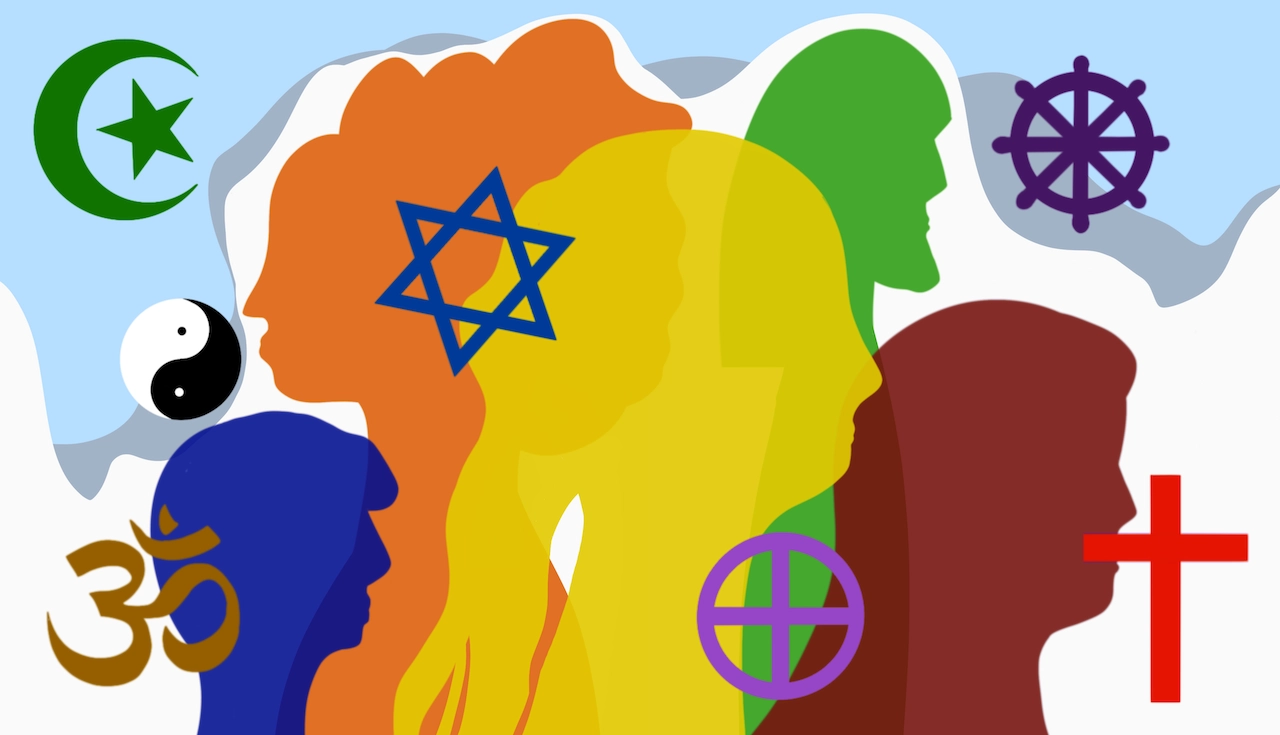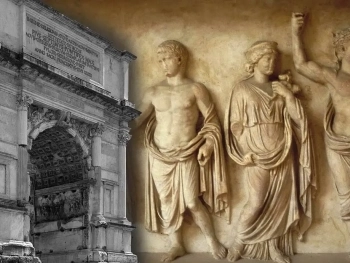In an era marked by globalization and interconnectedness, the tapestry of religious diversity has become more intricate and nuanced than ever before. While this diversity enriches our global society, it also brings forth controversies and challenges that necessitate thoughtful navigation. This article explores the complexities of religious diversity in the modern world, delving into both the controversies that arise and the potential for consensus-building across different faith traditions.
I. Controversies in Religious Diversity:
- Religious Intolerance and Discrimination The coexistence of diverse religious beliefs often leads to instances of intolerance and discrimination. Religious minorities may face prejudice or even persecution, highlighting the need for increased awareness, education, and advocacy to foster a more inclusive society.
- Secularism vs. Religious Influence Debates surrounding the role of religion in the public sphere, particularly in governance and education, often give rise to controversies. Striking a balance between secular values and respecting religious freedoms remains a challenge in many societies.
II. Navigating Interfaith Relations:
- Interfaith Dialogue as a Bridge Interfaith dialogue serves as a powerful tool for building bridges and fostering understanding among people of different faiths. Through open conversations, individuals can explore common ground, dispel stereotypes, and cultivate a sense of shared humanity.
- Religious Pluralism and Social Harmony Embracing religious pluralism involves recognizing and respecting the coexistence of multiple belief systems within a society. When promoted and protected, religious pluralism contributes to social harmony and a more inclusive community fabric.
III. Consensus-Building Strategies:
- Education and Religious Literacy Promoting religious literacy and education is crucial for dispelling misconceptions and fostering mutual understanding. Informed individuals are more likely to engage in respectful conversations and contribute to the creation of tolerant and diverse societies.
- Legislation and Protection of Religious Freedom Establishing legal frameworks that protect religious freedom is essential. Governments and international bodies play a pivotal role in enacting laws that safeguard the rights of individuals to practice their faith without fear of discrimination or persecution.
IV. Shared Values Across Faith Traditions:
- Ethical and Moral Commonalities Many religious traditions share ethical and moral principles, such as compassion, justice, and charity. Identifying and emphasizing these shared values can be a unifying force, promoting collaboration and understanding among diverse communities.
- Interfaith Initiatives for Social Change Collaborative efforts between different faith communities on social issues, such as poverty alleviation, environmental conservation, and human rights advocacy, demonstrate the potential for consensus-building and positive social impact.
Navigating religious diversity in the modern world requires a delicate balance between addressing controversies and seeking consensus. By fostering interfaith dialogue, promoting education and religious literacy, and identifying shared values, societies can move towards a more inclusive and harmonious coexistence. Embracing diversity as a strength rather than a source of division holds the key to building a global community that respects and celebrates the richness of religious pluralism.




